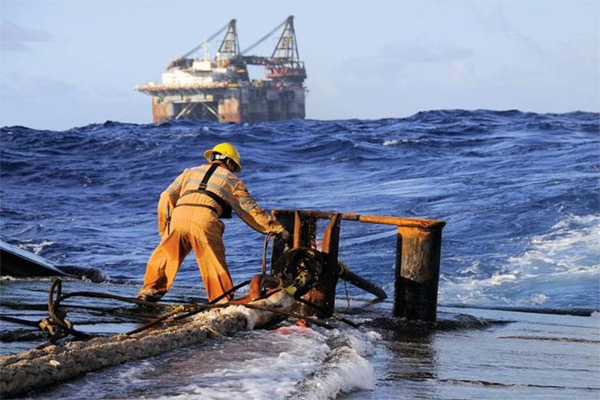Ocean has an alluring beauty. Each one of us has admired the majestic ocean waves caressing the sandy shores. The never ending stretches of ocean waters present a new world altogether. If you love oceans and dream of a career related to oceans, then Ocean Engineering can open up its gates to some highly exciting and lucrative opportunities.
Ocean Engineering courses deal with designing and development of equipments and technology for exploring the ocean floors and making use of its vast resources. As an Ocean Engineer, you might need to do an extensive research of the ocean, its impact on the environment and technology. Truly speaking, ocean engineering is not an isolated field. It is actually a mix of mechanical, electrical, civil, and chemical engineering techniques and skills clubbed with the understanding of the working of oceans. To become an ocean engineer, you should be innovative and creative. You must also be an effective team player with good software knowledge.
Some of the fields that depend on the contribution of ocean engineers include exploration of natural resources like oil, natural gas and oxygen under water; oceanography; life-saving technology and marine biology. Ocean engineers work with oceanographers, marine biologists, geophysicists and geologists and create tools and devices to undertake research projects concerning various aspects of oceans. These gadgets are used to study objects under water, the formations of sea floor, gauge the earthquake activity underwater or research the tides. Ocean engineers, work as pat o teams or independently. They must be prepared to work in submarines and ships amidst challenging and dangerous conditions.
The job of an ocean engineer involves designing, planning and development of the aforesaid devices employed by marine biologists and oceanographers. Combining sound engineering principles and knowledge of the ocean environment, ocean engineers must make instruments that can withstand storms and being submerged in salt water for a long period of time. Their task also involves fixing and maintaining the said equipments.
A Bachelor's degree programs in ocean engineering gives an idea of the ocean environment and the technology of construction and maintenance of marine systems. Some of the topics of study in this course include geomechanics, energy generation and ocean structures. There are advanced level courses in coastal engineering, ocean environment engineering, robotic design and underwater acoustics. In the post graduate level, there are vast number of programs including ocean structure dynamics, buoyancy, wave mechanics, coastal engineering and mineral resources.
To be eligible for admission to a bachelor’s program in ocean engineering, you must have done 10+2 in science stream with Physics, Chemistry and Mathematics as core subjects. You may join a 2 year M.tech course after completing an Undergraduate course. You need to pass through the entrance exams such as GATE to get an admission in B.Tech&M.Tech courses. There are diploma courses in ocean engineering that can be pursued after class X.
Ocean engineering jobs are replete with the government, military, conservation, oil and navigation industries in addition to private firms. The vast employment prospects in ocean engineering are further expected to increase over the coming years.



